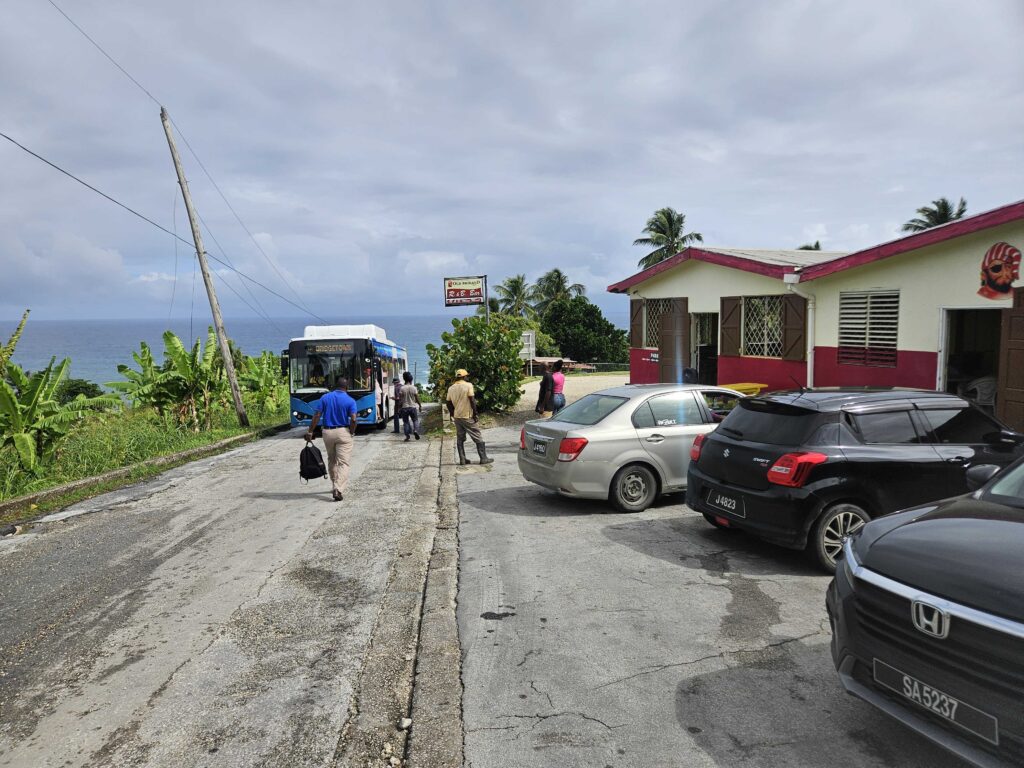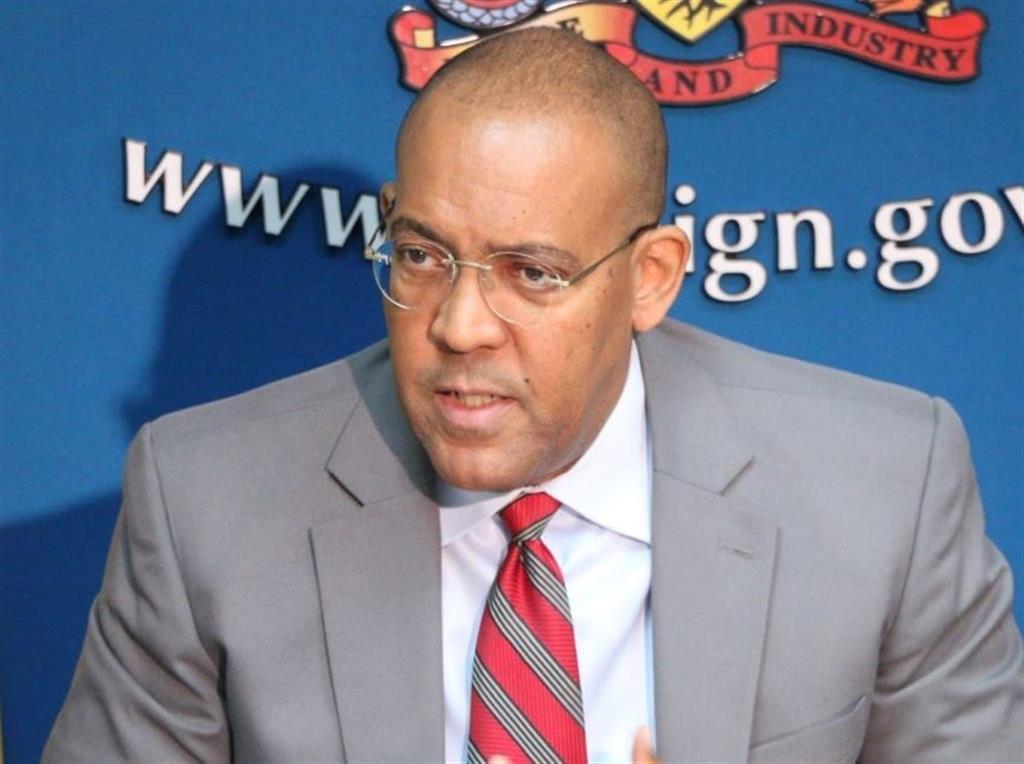The Mia Mottley administration’s decision to raise US$500 million (BDS$1 billion) on international capital markets has drawn fierce criticism from the Senate opposition, which claims the move will saddle taxpayers with tens of millions in extra costs.
As the Senate took up the bond issue on Wednesday, Senator Ryan Walters delivered a blistering critique of the government’s approach, accusing it of “borrowing to pay off borrowed money” and burdening Barbadians with higher interest payments that could have been avoided.
The bond, which the government has already issued at an interest rate of eight per cent, is intended to refinance a US$340m (BDS$680m) bond originally due to mature in 2029, as well as pay down a portion of the country’s obligations to the International Monetary Fund (IMF). But Walters warned that the move comes with steep financial consequences.
“Let us call it what it is,” he insisted. “The government is borrowing money or seeks to borrow money to pay off its existing loans…. [Does it make] any sense today that the government should seek to borrow at eight per cent to clear debts that are at 6.5 per cent and under four per cent? I say it does not.”
The senator calculated that the higher coupon alone would add at least $60 million to interest outlays between now and 2029. He accused the Mia Mottley administration of “kicking the can down the road” on debt repayment.
Senator Walters added: “Every time there is a repayment of a debt of the Government of Barbados, the government finds a creative way to not pay the debt that the country has. That is a problem.”
The opposition senator also questioned the second stated purpose of the new borrowing — prepaying a portion of outstanding loans to the International Monetary Fund (IMF). Noting that previous IMF programmes in 1991 and 2013 were repaid from current revenues, he asked why the government now needed “to borrow money to pay existing loans when they claim the economy is growing rapidly”.
“All of these months of consecutive growth, you hear the claim that unemployment is at an all-time low, the best ever in the history of the country— so we are told. But yet we still have to borrow money to pay loans,” he said. “We have just heard weeks ago that Barbados will get its last loan from the IMF, and in less than a month, we are asked to borrow money to pay the IMF loans. It is ridiculous . . . when we hear that investor confidence has been renewed in this country. Something is not adding up.”
Senator Walters stated that the refinancing follows a pattern of rollovers and restructurings that have already cost local institutions dearly, and not foreign investors. He pointed to the 2018 domestic debt exchange, which slashed National Insurance Scheme investment returns; the 2020-22 debt-for-nature conversion; and the 2024 debt-for-climate swap, which he claimed together shaved “close to $2 billion” off NIS asset values.
“What we are saying today though [is] that the foreign investors get the benefit of that because they’re not taking a hit. They’re getting eight per cent, they’re getting even more than our existing debt, double in some instances…. Why do we have to repay 24 months before it is due? The bond debt is 6.5 per cent. When would we go into an arrangement to pay eight per cent for four years that will cost taxpayers at least $60 million over that period? Money that could be going to our police force to give them a pay increase to help them to fight crime.
“That is the point that is being made.” (SB)
The post Opposition warns of higher costs for taxpayers appeared first on Barbados Today.


